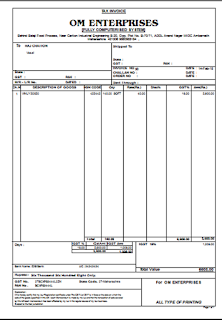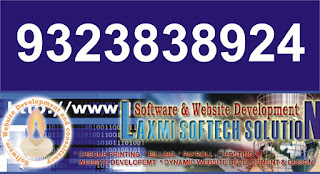Your firm can choose from an array of commercial billing software packages but it's important that you choose a product that provides features needed by the legal industry. Generic business software works great for a generic business. However law firms have specific billing conditions that only dedicated attorney time and billing software can satisfy. One such requirement is matter-based billing.
Matter-Based Billing
Common business software is capable of handling client billing, and may even be able to handle multiple billing models such as both hourly rates and flat fees. The problem with using these packages for a law firm is that they break down billing by client and not by assignment. In the legal field, attorneys must separate each matter into a separate billing.
Let's say John Doe is getting a divorce. He wants you to handle that but also wants to update his will and other paperwork to reflect the dissolved marriage. The firm accepts the divorce case at an hourly rate with a retainer and the simple will at a flat fee. These two cases must be kept separate. In particular if the estate planning ends up incurring extra expenses to be billed to the client, the office cannot take that from the retainer for the divorce case.
The Problem of Generic software
A clever lawyer might decide to try to fake it using general time and billing software. You set up each matter as a separate "client", so you have "John Doe-Divorce" and "John Doe-Will". That allows you to keep billing separate and there is no danger of funds from one matter being used in another. All done.
Except that if Mr. Doe calls about his divorce, someone answering the phone and looking at his records might not realize there is also a will matter. Even worse, you might incorrectly link matters. So when Jane Smith calls about her divorce you see "Jane Smith-Will" and assume that's her case as well. Unfortunately it's a different Jane Smith and you just gave confidential information to a stranger.
Law-Specific Software
Legal billing and accounting software keeps matters separate while still relating them to the same client. The billing for each matter is handled independently, so an invoice would go out for the will expenses without touching the divorce retainer. However all matters are linked so users can see a client's entire package of services at a glance without the risk of assuming two people with the same name are the same person.
Article Source: http://EzineArticles.com/7964717

